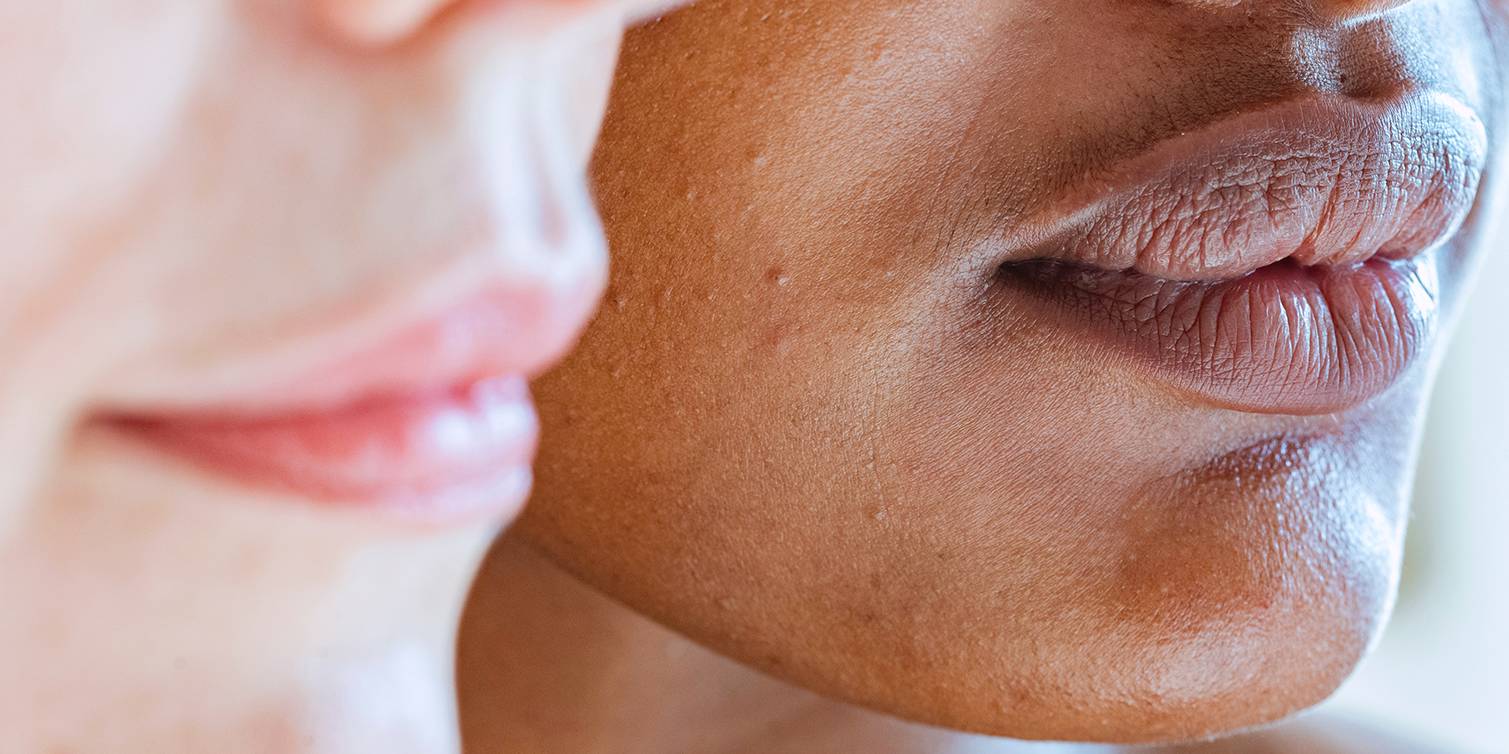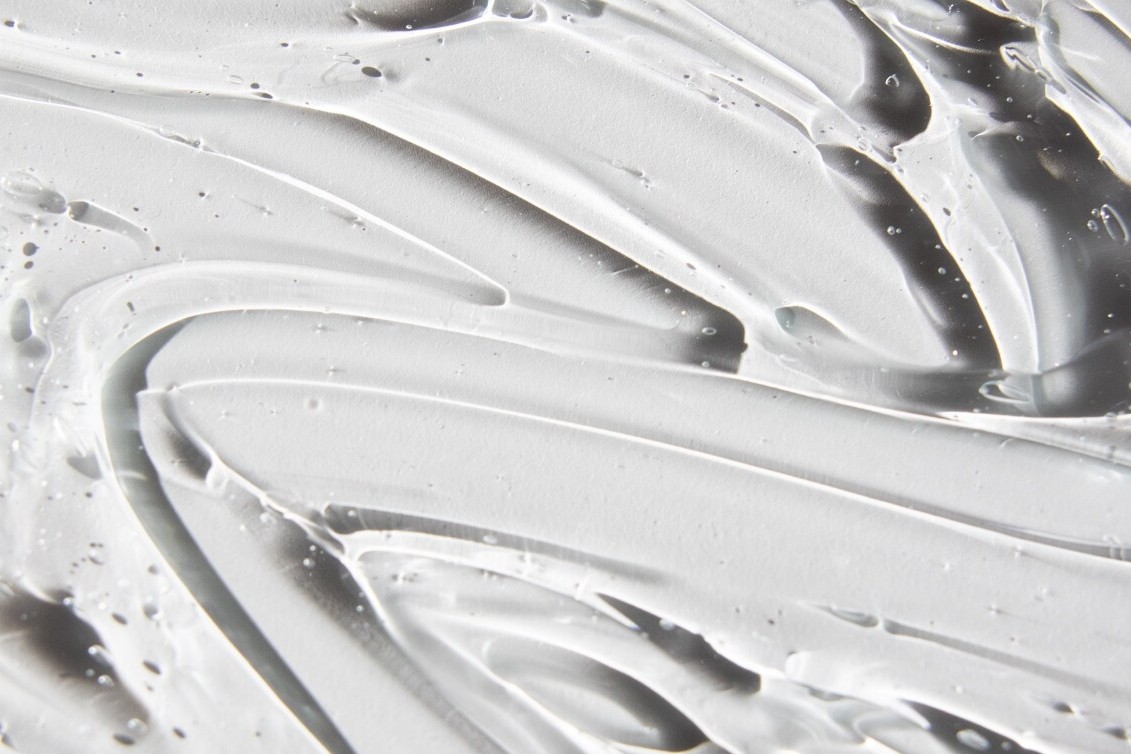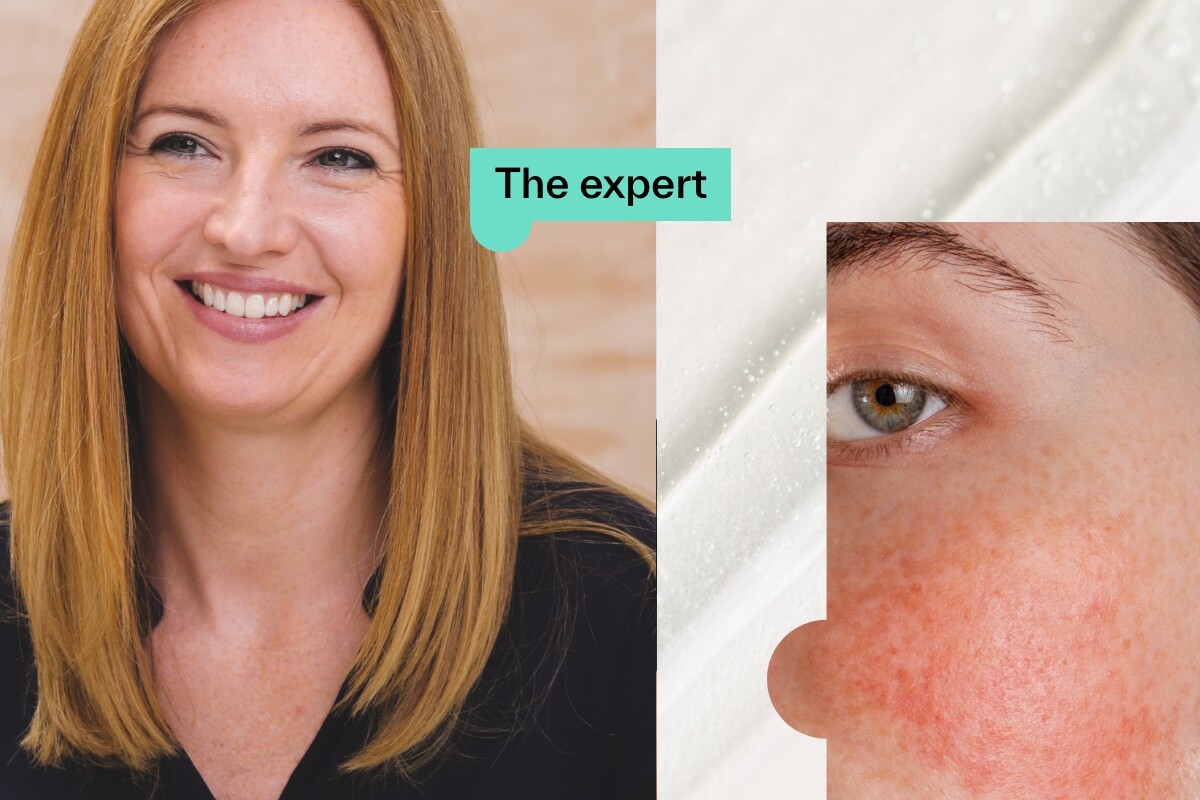“Your skin is amazing.” Words we all want to hear, right? The truth is, whether you’re experiencing a bit of dryness or a full-blown acne flare up, your skin is still amazing. The largest organ in the human body, it’s a natural protector, keeping your organs safe from irritants and infections. Your skin even has an inbuilt barrier all of its own.
The skin barrier is a vital part of the body, and when it’s healthy, it forms a seal to keep hydration in, and all the bad stuff — irritants, pollutants and bacteria — out. In skincare circles, it’s a trending topic because, as an added bonus, a healthy skin barrier makes the skin itself visibly clear, smooth and glowing, too. However, the barrier can be damaged by all sorts of things, from lifestyle choices to some skincare products. When it is, your skin is more likely to appear dull and irritated, with more fine lines and breakouts. So what can you do to keep your skin barrier healthy, or repair it if it’s showing signs of wear? Read on for our tips.
Maintain your barrier!
A good routine is the ultimate way to maintain your skin barrier. At Dermatica, we’re big fans of simple skincare regimes with a few targeted formulas. There’s no need for hundreds of products and a cacophony of active ingredients when a carefully chosen selection can be far more effective. To maintain your barrier…
- We recommend using a hydrating cleanser as the first step; apply it with clean hands and rinse with warm water. This will remove impurities without stripping the skin and risking damage to the barrier.
- After cleansing, it’s beneficial to use a serum with niacinamide.
- Follow up with a high quality moisturiser — opt for products that contain the protective ingredients like ceramides, panthenol, essential fatty acids and omegas.
- When you’re using retinoids and other acids, it can be easy to overdo it if you’re self-prescribing. Sensitive, barrier-damaged skin can become irritated if you’re using too many actives. It’s OK to reduce the frequency that you use them, or omit them from your routine altogether. We advise using dermatologist-prescribed actives — to get your own personalised recommendation formula, you can start a free consultation here.
- Choose a facial SPF of at least 30. This is the most important step in any skincare routine!
If the barrier is already damaged…
If your skin is showing signs of barrier damage, don’t panic. First, it’s good to exclude any other issues; if you’re prone to dermatitis, for example, check that your skin complaints aren’t a flare-up of that. Dermatitis flare ups can be caused by allergens in soaps and detergents, and even some plants, or by particular activities, such as shaving. If you’re sure your problems are barrier-related, then in just the same way that using the right combination of products can protect the skin, it can also help to repair it. When it comes to restorative skincare, we recommend…
- Our Ultralight Recovery Moisturiser, which contains a host of ingredients that work together to repair the skin’s natural barrier function. Our scientifically advanced ceramide complex provides essential moisture retention, while Vitamin E restores lipids and neutralises free radicals that cause damage to the skin. Niacinamide stabilises the barrier function, reduces water loss and improves moisture content in your skin. Panthenol (Pro Vitamin B5) is a cell-stimulating, healing chemical which simultaneously locks in moisture and prevents water loss. Finally, humectant hyaluronic acid is known to strengthen the barrier and add hydration, too!
- Our Purifying Cleansing Gel. Unlike many cleansers, ours is soap and sulphate free. It gently removes impurities using a natural amino agent and prevents dryness with the use of moisture-retentive ingredients such as panthenol and glycerin.
There are other ways you can repair your skin barrier. Scrutinise the ingredient lists on your daily products; you’re looking for potential irritants. Anything containing high percentages of essential oils (which are often labelled ‘natural’!) could be the culprit, as could sulphates, soap and perfumes. Overusing exfoliants, either manual or chemical, can alter the skin barrier’s efficacy, so strip back your routine. If your skin is irritated and you’re regularly using retinoids, AHAs or BHAs, try taking your use of those products back to once a week and see if that helps to bring down the inflammation. You should start to see a difference between two and four weeks of giving your skin barrier some TLC.
After that, it’s a case of maintenance (see above!), but we do have some more tips to keep your barrier safe, particularly if your skin is sensitive. We recommend…
- Staying away from manual exfoliants. Scrubs have a much higher risk of damaging your skin barrier, so we recommend finding a chemical exfoliant in a strength that works for you.
- Be sure to ladder new actives when you add them to your routine. This slow and steady approach means your skin is much less likely to become irritated.
- Make time for your routine, and perform it regularly, ensuring your skin is happy and healthy.
- And once again, don’t forget that SPF! Finish your morning routine with a sunscreen that’s suitable for sensitive skin, and top it up throughout the day as needed. Yes, even on cloudy days.
Taking care of your skin barrier is especially important when you’re using prescription active ingredients. Because they’re so powerful, your skin barrier needs to be in good shape to limit irritation and help you achieve the best results.
If you’re looking for some new products to help maintain your skin barrier, you can explore our full ready-made range here.
New to Dermatica? Start your free online consultation today.
Dr Catriona Maybury
Dr Catriona Maybury is a Consultant Dermatologist, working as Medical Lead for Dermatica and at St George’s Hospital in London. Catriona completed her specialty training at St John’s Institute of Dermatology in London. Catriona has a special interest in medical dermatology, completing a PhD in liver fibrosis amongst psoriasis patients at King’s College London. Catriona is a certified coach and worked as Dermatology Section Editor for the British Medical Journal.




